IoT Automated Plant Meter – LysipheN
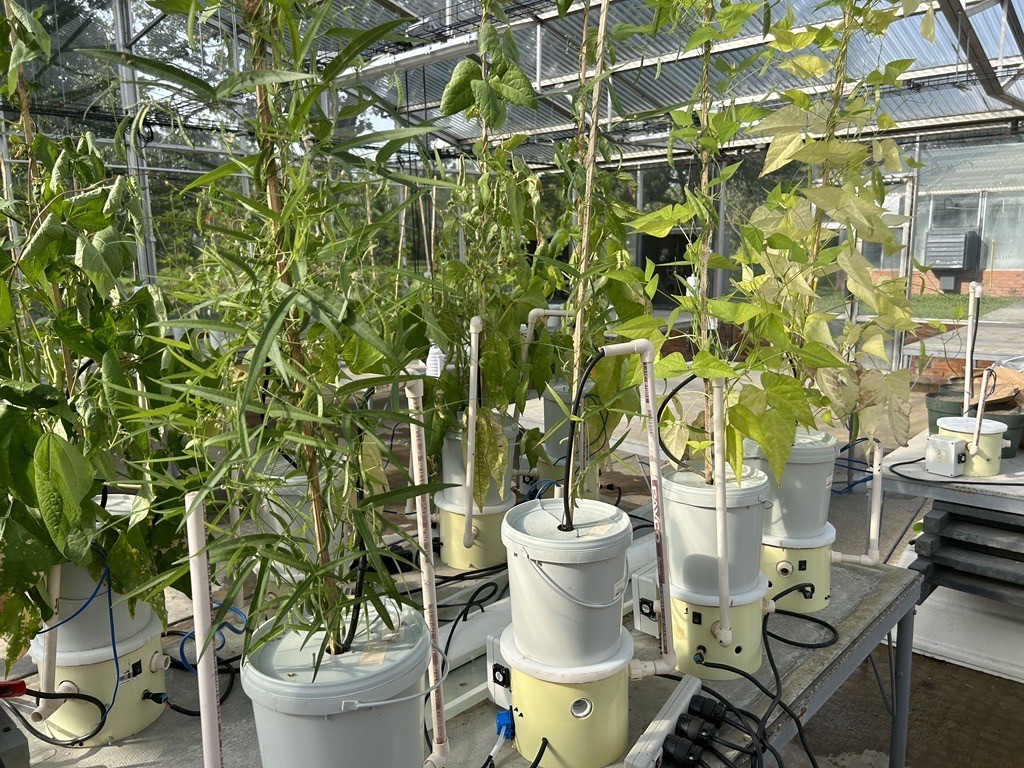

LysipheN is a development originating from the Alliance Americas campus in Colombia. It represents a modern and innovative version of the classic lysimeter concept. Integrated with IoT technologies, evolved into a portable, robust, lightweight, and cost-effective device capable of measuring plant water consumption on a daily, hourly, and even minute-by-minute basis throughout the crop cycle under various conditions or environments. To function LysipheN requires 12V DC power (via solar panels, universal adapters, etc.). Furthermore, LysipheN features a battery that can provide up to 15 hours of continuous operation without access to another energy source!
Via an integrated weight sensor (load cell) in the central part, LysipheN measures changes in the system's weight (pot-soil-plant). Since evaporation is minimized, the device can automatically determine the plant´s transpiration rate. Initially capable of measuring up to 10kg, LysipheN can now support up to 50kg, with even greater capacities soon (up to 200 kg).
Measuring transpiration is LysipheN’s primary function, but this crucially important variable is accompanied by automatic plant irrigation control. By knowing the daily water consumption of the plant, LysipheN can perform daily irrigations automatically based on the researcher’s needs. It's possible to conduct drought, saturation, or flooding trials with just a simple user configuration on the first day or during the experiment.
In addition to these intriguing features, LysipheN also includes mini thermocouples that can be inserted into the stem, fruits, flowers, or near the leaves to monitor temperature behavior directly from different parts of the plant structure. It also includes sensors for ambient temperature and humidity, as well as soil moisture. Furthermore, the electronic system was designed to be open to add new sensors.
Since LysipheN is also an IoT device, the interaction of plant variables with the user occurs through a web application. You can connect to each LysipheN unit remotely from anywhere in the world. Once connected, you can configure a new project, set up an irrigation scheme, monitor the crop, email to receive alerts, and download data in CSV format directly from the integrated MySQL database on each device. Moreover, if you need to use LysipheN in an area without internet coverage, do not worry, as this modern device will create its own local Wi-Fi network for you to access all its features.
In what context is this tool useful?
In the current context of climate change and the need to identify genotypes capable of adapting to new environmental conditions, LysipheN holds significant potential in its price, versatility, size, remote control, and waterproofness. The measured variables and their low-cost and portable characteristics enable a wide range of experiments. It is possible to combine multiple crops, different types of soil, varying levels of water access, and different environmental conditions (greenhouses, fields with high temperatures, or heavy rainfall), ultimately gaining insights into plant responses regarding water usage and production. In this way, research centers, universities, and farmers worldwide can make their contributions to this goal by utilizing LysipheN for their specific needs.
Results
Initially, LysipheN was tested with bean genotypes under greenhouse conditions with temperatures below 35°C. These experiments revealed differences in water usage among the genotypes and identified those that demonstrated better performance even using less water than others.
Recently, a collaborative effort was initiated with the CGIAR's digital initiative, the Climate Change Team for Central America and the Caribbean, IICA, CUNORI, and USAC in Guatemala to make LysipheN an integral part of the region's first digital farm plot. This initiative aims to have a direct impact on farmers and the dietary consumption of beans and maize.
Furthermore, in collaboration with our colleagues from Biodiversity for Food & Agriculture at the Laboratory of Tropical Crop Improvement in Belgium, we have embarked on a project to test banana plant genotypes and evaluate their water consumption response under tropical conditions.
These results demonstrate the direct impact that LysipheN can have not only on crop improvement itself but also on farmers and food consumption in different regions of the world that are/will be most affected by climate change.
Talent Recognition
The development of this impactful device was achieved through the remarkable skills of our Mechatronic Engineer and Research Associate, Duvan Pineda, who has been working since the first implementation of the idea to the development of all the features and versions that LysipheN boasts today. Duvan Pineda is also a member of the bean physiology team led by Milan Urban, who had the original idea and need for constructing LysipheN and oversaw the entire development process.
We would also like to acknowledge the support of Steve Beebe together with our research associates, Harold Diaz and Fabricio Soto, as well as the electronical engineer trainees Alejandra Guzman and Sebastian Pinzon; and with the same importance to the technical staff who assisted at various stages of development, with special recognition to Martin Otero R.I.P., whose contributions were invaluable throughout the process.
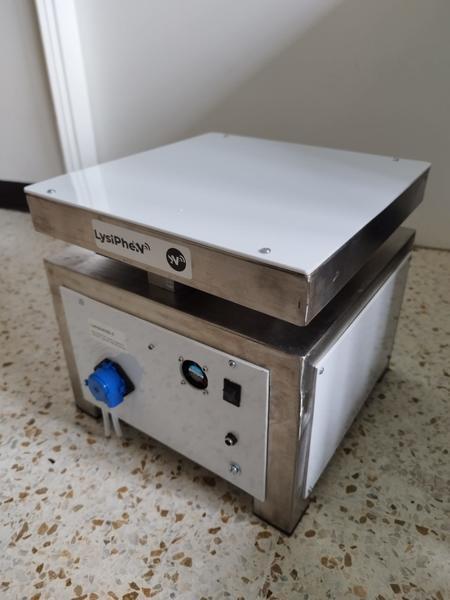
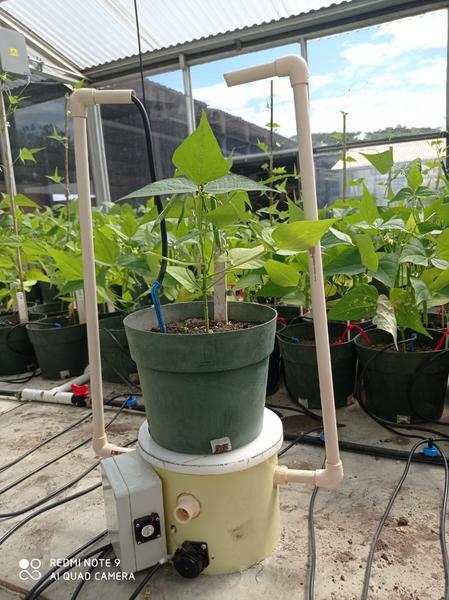
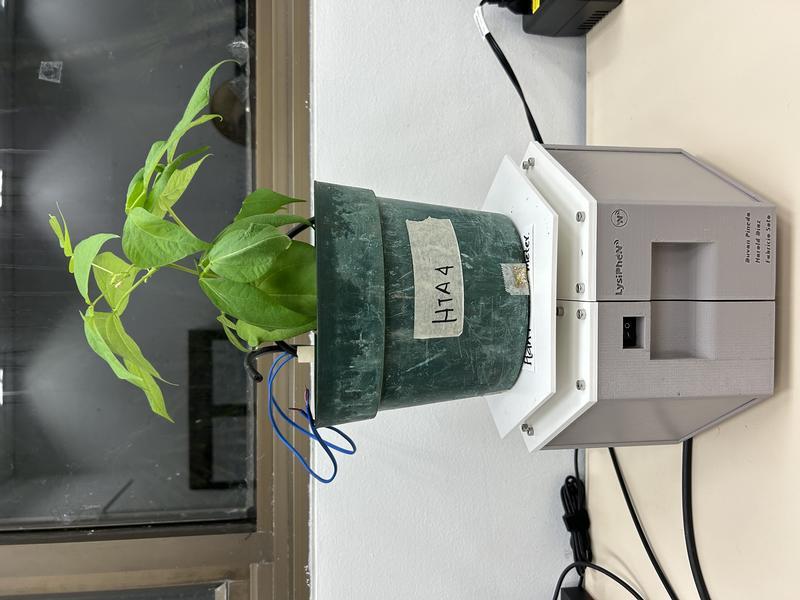
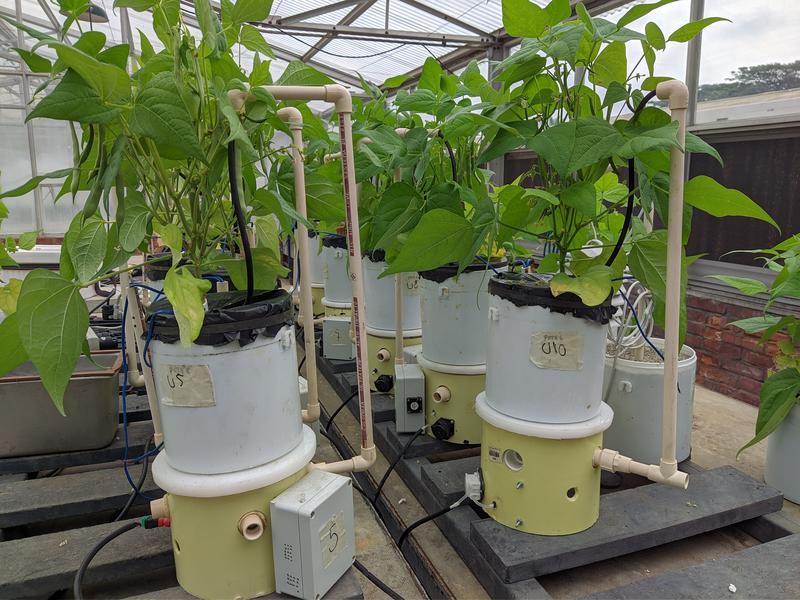
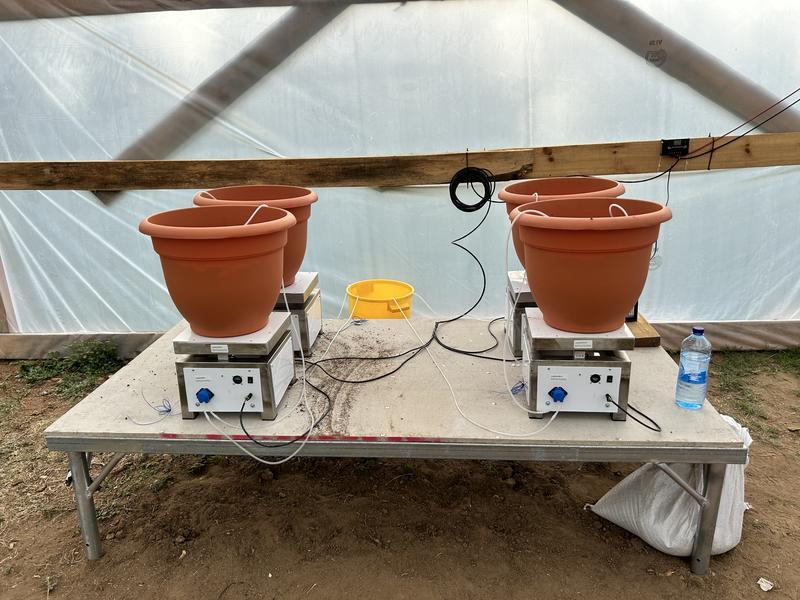
Contact people
Milan Urban – [email protected] (Scientific Contact).
Duvan Pineda – [email protected] (Developer).
Sebastian Pinzon - [email protected] (Technical contact).
Alejandra Gomez - [email protected] (Technical contact).

